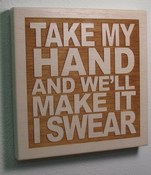
Today I am sharing a blog post written for me by a wonderful friend I have made in the past year. Initially connected through our mental health obstacles, this person has become someone who I trust, admire and respect greatly. When I asked them to write a post for me I knew it would be hard for them, but what I didn't realise was how intense it would be to read it.
This is such an honest and beautifully written account of "what being strong" means to this person; and while they have asked to remain anonymous, I am sure that you will be as touched and connected to this piece as I was when I read it.
So thank you to this person, they know who they are...
Happy reading,
Bu xx
What does the word 'strong' mean to me? The answer to that simple question is far from simple but I'm really hoping that by telling my story it will help someone, somewhere somehow.
I have spent most of my life being "strong" and it nearly demolished me. Maybe because of the stigma around mental health, people learn to see mental problems as something to be ashamed of, and that the done thing is to be "strong" and soldier on. What that meant in reality for me is that all those natural emotions were suppressed, hidden away and treated as bad things. Control, calmness and coping were my watchwords; I was known, and even admired, for it. What I was actually doing, I realise now, was building a wall round my natural emotions brick by brick.
Until one day in my thirties I woke up and knew that I couldn't carry on with things the way they were. That brick wall was going to fall down and bury me if something didn't change. Those emotions were shouting to get out and they demanded to be heard, in very scary ways. So I took myself off the doctor and got drugs and counselling.
Now that last sentence is easy to say but within it is a whole lot of horrid. Was it easy to go to a doctor and say, I'm broken and I need fixing? Was it easy to fill out the referral form and post it? Was it easy to call the counsellor and arrange that first session? Talk to people close to me about it? Take those scary medications? No, no it wasn't, it was hell. I hated it. I put off every single part of it as long as I could.
The sessions were tough but my counsellor Jan was very supportive and knowledgeable. Over the weeks I began to understand that this reluctance to confront things was part of the problem. I couldn't control strong emotions like that forever, the stress was killing me. But the real issue from this first experience was downright fear of change, fear that all these fine brick defences of mine would crumble and leave a poor, frightened little thing out in the open for the first time with nothing to protect her from all the bad stuff. So I dealt with the surface problems on this occasion, because I felt safe doing that. But there was more to come unfortunately.
Over the last few years I've developed two nasty immune system illnesses and their associated secondary conditions. I am now disabled, need a wheelchair or scooter to get around and have such severe fatigue and pain that I have to rest most of the time.
As the physical illnesses progressed I fought with everything I had to keep going, to keep working, as I loved my job and the people I worked with, but it just couldn't be done. When I finally accepted the medical advice and was signed off I had lost so much of my life that I didn't see the point of me any more. I enjoyed working, I was good at it, I was valued but I couldn't do it any more. I loved walking, going to the gym, dancing madly and gardening, couldn't do any of them. I was housebound and had nothing to occupy my time.
Depression hit. For six months I couldn't see a way out of the darkness, the losses were so great they took me over, despite the love and support I had from husband, family and friends. But because I had been there before, learned that all important lesson that help was out there if I asked for it, I knew there was a way out, and I asked for help. Again it wasn't easy, nothing ever is with depression. It took time for me to acknowledge that it was back again, and it needed an expert's help in exactly the same way that my immune diseases did. It was tough as hell dragging myself out to counselling when my body and mind just wanted to stay at home and keep everyone away. Luckily my counsellor this time, Angela from MIND, was brilliant and with her help I was able to confront the new and the long buried issues and have the courage to start letting the bigger and longer buried emotions out. I knew it could be done because I'd done some of it before, if that makes sense.
In fact I have come to realise that the very "strength" which had built my brick wall was in fact my greatest weakness. If I could approach things from a different angle, maybe I could use that same strength to help me to change things. I could choose to use my determination and willpower to fight this black dog of depression, to take bricks off that wall one by one and both protect and encourage healthy emotional reactions to loss. I could even use my famous will, or strength, to let myself feel those emotions a bit at a time, at a pace that was right for me. I'm still learning how to do this, and understanding that each battle won in mental health recovery is a victory.
So to answer the question of what is strength to me, it's realising that what is popularly perceived as "weakness" can actually the best kind of strength......to ask for help and learn how to cope better during the times when depression bites. Because it waxes and wanes just like many other illnesses, and there probably will be a next time.
I'm hoping that what I learnt along the way, what helped me immensely, may be of use to someone else so I've listed some tips, thoughts and sources of support below.
- You don't have to go to the doctor to request help with depression or any mental health
condition. I know some people don't want it on their record or don't feel capable to talking to their doctor. The charity MIND offers a self referral process through their website, where you can download a form and send it off to them, to kickstart the process of finding the right person to talk to. http://www.mind.org.uk - If you can, talk to a friend you can rely on to support you about what you're doing. If you're in a place where you don't want to talk in person, there is a marvellous website called 7 Cups of Tea which offers online support in the form of private chat rooms. http://www.7cups.com/depression- help-online/
- For anyone struggling with major life changes and feeling that there is nowhere to turn, the Samaritans can help 24 hours a day.
- Small goals are great. Celebrate your successes however tiny they might be to others......to you they can be huge. I have taken up knitting, which calms and occupies me, and everything I knit is, to me, a big achievement. If I walk five steps more today than I did yesterday, that's fantastic.
- If your illness is severe and you are off work for a time, there are ways to help yourself feel good and do something worthwhile. I found several sites which promote something called micro- volunteering, which is all about small, quick things you can do which will help other people. Most will take only minutes to do and allow you to participate only when you are well enough. As an example, I have answered short surveys for companies working on finding ways to improve all sorts of illnesses and conditions, played a computer game to help researchers improve methods of learning, as well as making knitted cats for the Cat Protection League to sell. Type micro volunteering into Google and happy hunting.
- Counsellors see people like you several times a day, every working day. They are the best source of help you can get, they really have seen it all before and they never, ever judge you. Their prime objective is to support you when you're ill and help you get better. Please don't be afraid of going to see one. If you find you don't get on with them, ask to see someone else.
- Music was a huge source of support for me, as it is very much linked to emotions. I realised I'd stopped listening to music for long periods of time for that reason, but now I take it a song at a time. Other sources of help include meditation, alternative therapies, massage, reiki......try them until you find something that works for you, that makes you feel better.
- Depression is caused by a chemical imbalance in the brain. No one yet knows what causes it definitely, but long periods of stress and anxiety or failure to cope with grief, can start it off. It is an actual illness, and there is therapeutic and medical support available to conquer it. It's estimated that one in six people will suffer from mental health issues at some time in their lives. Seeking help for those problems is absolutely the same as for physical ones, and if your doctor doesn't support you in that, find another one.
You may well come across those who tell you to pull yourself together, who will make it clear that they have no time for such things, that you could stop feeling like this if you choose, that it's really annoying for others when you have to change plans. I know the correct and saintly way to respond would be to acknowledge that everyone sees things differently and they just need to be educated, but......I have to call it as I see it and say that they're damn selfish. Their lives must be focused primarily on themselves and their experiences, as their reaction to your illness is to only see things from their own point of view and only in terms of the way it affects them. So really it's they who have the problem, not you. Don't give them squatting rights in your head.
Let's finish with the reason for writing this blog. There should be nothing wrong in talking about mental health openly, but we aren't there yet. Finding and accepting the help you need with mental health issues is made harder by that one fact alone. If you mention that you're depressed, most people don't really know how to respond. You don't necessarily want to be labelled with a mental health condition at work, or with friends, so you keep quiet. So therefore it's not unusual to think that no one else will understand, that you're on your own in this and you can't ask anyone for advice in dealing with things.
This state of affairs is not something one person can change on their own. But just talking openly about mental health or your experiences with it can really help. Every person who says, "Yes, I've suffered from depression (or whichever illness you have) and I know what it's like", can help others in all sorts of ways. Just writing this blog has been a catharsis for me. What is wonderful about Liz's website, ethos and blog is that it actively promotes awareness of mental health issues, and turns something negative into something positive, by showing that you are not on your own, that others' personal experiences can help you and encourage you to seek help with less fear.
Thanks for reading this, and I hope that some of the coping mechanisms and thoughts that helped me can help someone else. If you have your own brick wall and can't see a way out, I hope you've been reassured that there are many good people out there who can help you dismantle and rebuild it in safety. Just use your strength to ask.
Once again, thank you so much to the person behind this post, and also to everyone for reading.
Look after yourselves.
Bu xx
| BuBakes is committed to reducing the stigma attached to Mental Health, and personally donates 25p for every order received to MIND. This is kindly matched by three generous supporters, meaning a £1 donation is made per order. If you would like to find out more about MIND, or make a donation you can do so here. |

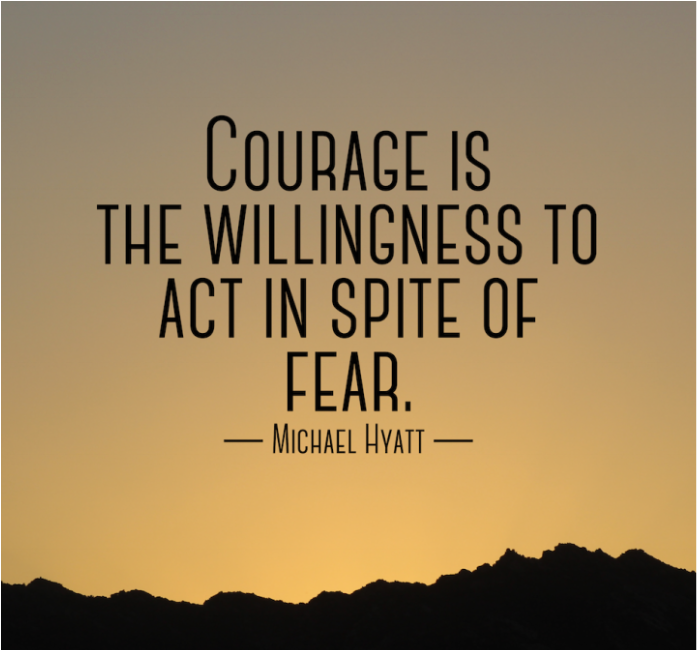
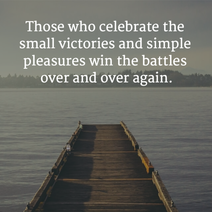
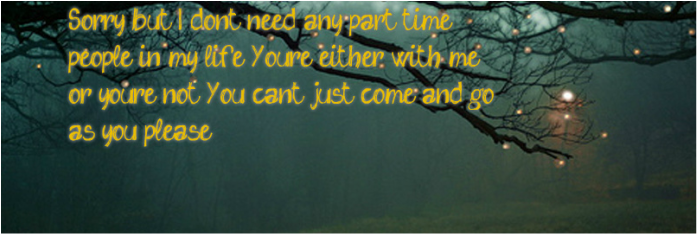
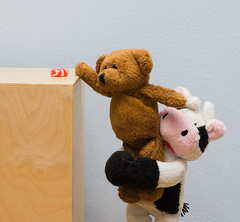

 RSS Feed
RSS Feed